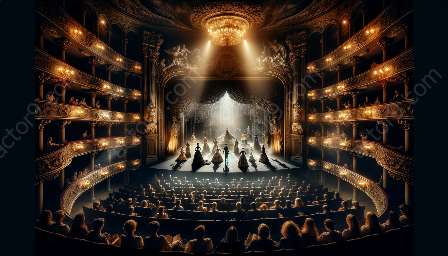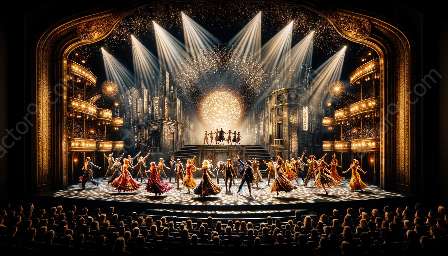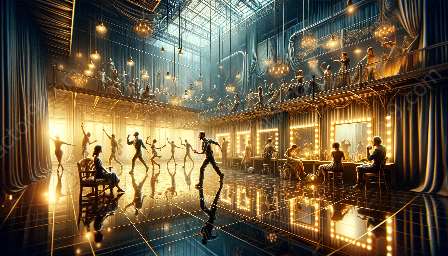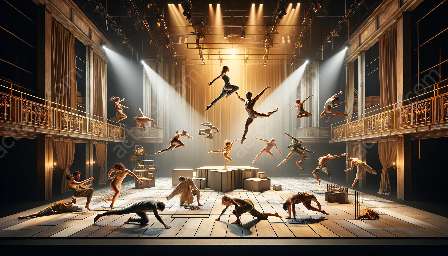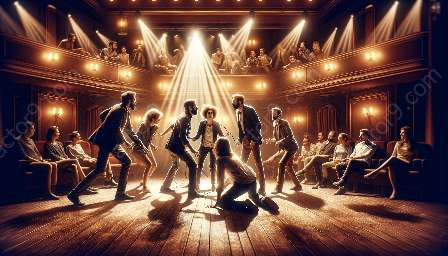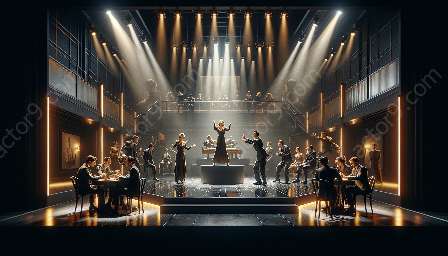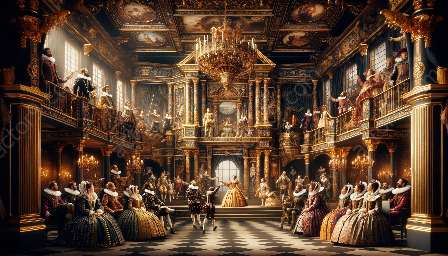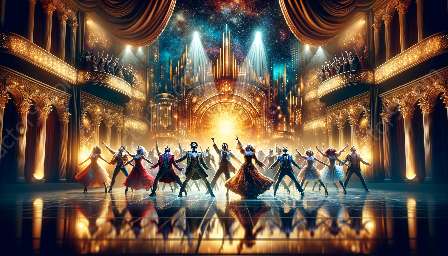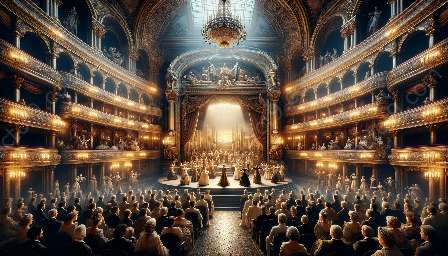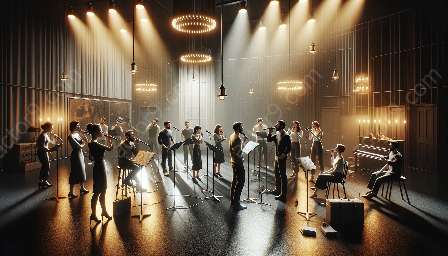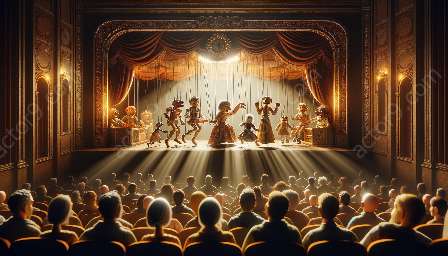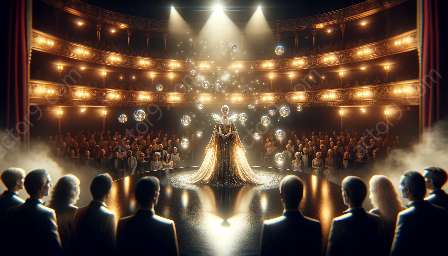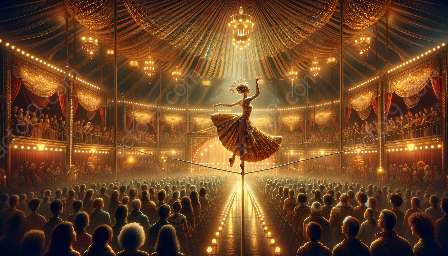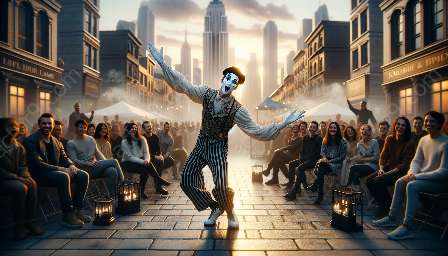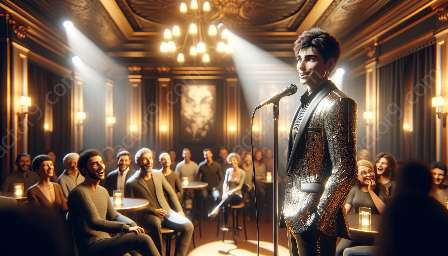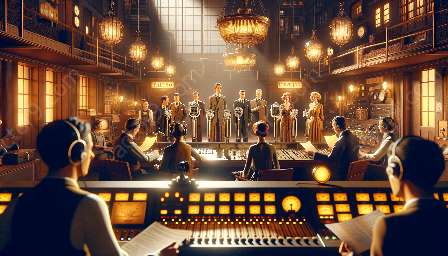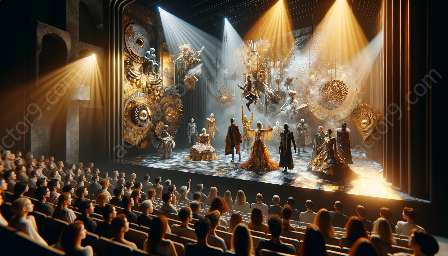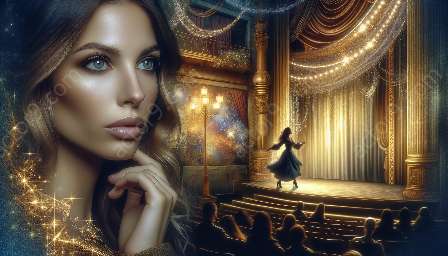Experimental theatre is a dynamic and innovative form of performing arts that challenges traditional norms and boundaries.
This unique style of theatre combines various artistic disciplines, encourages creativity, and explores new ways of storytelling, captivating audiences with its unconventional approach.
From its historical origins to its contemporary impact, experimental theatre continues to influence the arts and entertainment industry, leaving a lasting impression on actors, directors, and audiences alike.
The Evolution of Experimental Theatre
Experimental theatre emerged in the late 19th and early 20th centuries as a response to conventional theatrical practices. It sought to push the boundaries of storytelling and performance, often incorporating elements of avant-garde, surrealism, and non-linear narratives.
Pioneering theatre practitioners such as Antonin Artaud, Bertolt Brecht, and Jerzy Grotowski played pivotal roles in shaping the experimental theatre movement, introducing new techniques and philosophies that challenged the status quo.
Throughout the years, experimental theatre has evolved to embrace a wide range of influences, including performance art, multimedia, and interactive storytelling, blurring the lines between traditional theatre and other art forms.
Techniques and Innovations
One of the defining features of experimental theatre is its emphasis on unconventional techniques and innovative approaches to performance. From physical theatre and site-specific productions to immersive experiences and audience participation, experimental theatre pushes the boundaries of what is possible on stage.
Physicality, improvisation, and non-verbal communication are often central to experimental theatre, allowing performers to express complex emotions and ideas through movement and gesture.
Moreover, the use of multimedia elements, such as projections, soundscapes, and interactive technology, adds a layer of immersive storytelling, creating unforgettable theatrical experiences that defy traditional norms.
Significance and Impact
Experimental theatre has had a profound impact on the performing arts and entertainment industry, inspiring new forms of artistic expression and pushing the boundaries of creativity.
By challenging traditional storytelling conventions and engaging audiences in unconventional ways, experimental theatre has influenced the development of contemporary theatre, film, and television, shaping the way stories are told and experienced.
Furthermore, experimental theatre has provided a platform for marginalized voices and underrepresented stories, fostering a more inclusive and diverse landscape within the arts and entertainment industry.
Embracing Creativity and Innovation
As the world of experimental theatre continues to evolve, it remains a vibrant and essential component of the performing arts, offering endless possibilities for creative exploration and artistic innovation.
From avant-garde performances in unconventional spaces to thought-provoking interactive installations, experimental theatre invites audiences to participate in the artistic process, challenging perceptions and igniting a sense of wonder and discovery.
Whether you are a seasoned theatre enthusiast or an emerging artist, the world of experimental theatre invites you to embrace the unexpected, explore new creative horizons, and celebrate the limitless potential of the performing arts.

